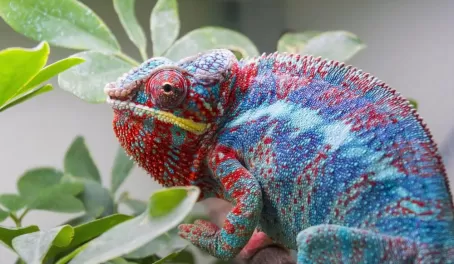







Entry to Madagascar requires a six-month passport with three blank pages. Visas are available in advance or on arrival for stays under three months. Visas are available for purchase in US dollars, euros, or Malagasy ariary, except credit cards.
The majority of trips to Madagascar go smoothly. It is best to go with well-established organizations or travel businesses that are familiar with the area and can forewarn you of potential dangers and local customs in advance.
In Madagascar, muggings and robberies are prevalent. Visitors should be cautious in Madagascar. Avoid rural areas if traveling alone. Not recommended: walking alone or at night. To avoid escalating violence, you should not resist when confronted with armed robbery.
Political protests can occur, especially in Antananarivo. You should avoid protests and demonstrations due to violence.
All visit to Batterie Beach, where there have been violent attacks, including fatalities, is strongly discouraged
November-April is cyclone season. Cyclones can disrupt services.
Madagascar ranks among Africa's fastest broadband internet providers with an average download speed of 42.84 Mbps, despite being one of the world's poorest countries, according to the September 2021 Speedtest Global Index. On the other hand, only 2.1 percent of Madagascar's population has access to high-speed internet. Hotels in major cities like Antsirabe, Fianarantsoa, and Antananarivo offer free wifi access. However, the internet is not common outside these areas.
Yes, major cities have some cellular coverage. The best and cheapest way to stay connected when in Madagascar is to buy a local prepaid SIM card instead of international roaming. Madagascar has four 4G-enabled telecom providers: Telma, Airtel Madagascar, Orange Madagascar, and Bip.
Madagascar is powered by 220V, 50Hz power, which means that any 110V device will not work without a converter. Adapters for C & E outlets are required.
While the toilets in hotels, lodges, camps, restaurants, and gas stations are standard western-style toilets, those in National Parks may be squat toilets. Madagascar has one of the lowest sanitation levels in the world, with less than 10% of households having a private toilet.
No, tap water in Madagascar is unsafe to drink. We recommend that you always drink bottled or filtered water provided by your tour operator during your time in Madagascar.
Although not to be relied upon exclusively, ATMs are available in most major cities (Bekopaka in Tsingy of Bemaraha is an exception). ATMs run out of money on weekends. Only large resorts, shops, and hotels take credit cards, and most establishments only accept cash.
Always. As a precaution, travel insurance is a wise investment that might save you thousands of dollars and provide a sense of security. On our Once You're Booked page, we feature some fantastic Redpoint deals.
Depending on the quality of the tour, you can tip your guide for $10 or more and leave similar or minimal gratuities in resorts and restaurants. Reward a porter who handles your luggage with $1 per bag. Tips are always appreciated but not expected. Aim to tip in Ariary. Dollars, euros, or even British pounds have little use on the island.
For the majority of Madagascar, cyclone season begins in November and lasts until April. Damage and contamination to water supplies can occur in distant sections of the country, notably along the coasts.









